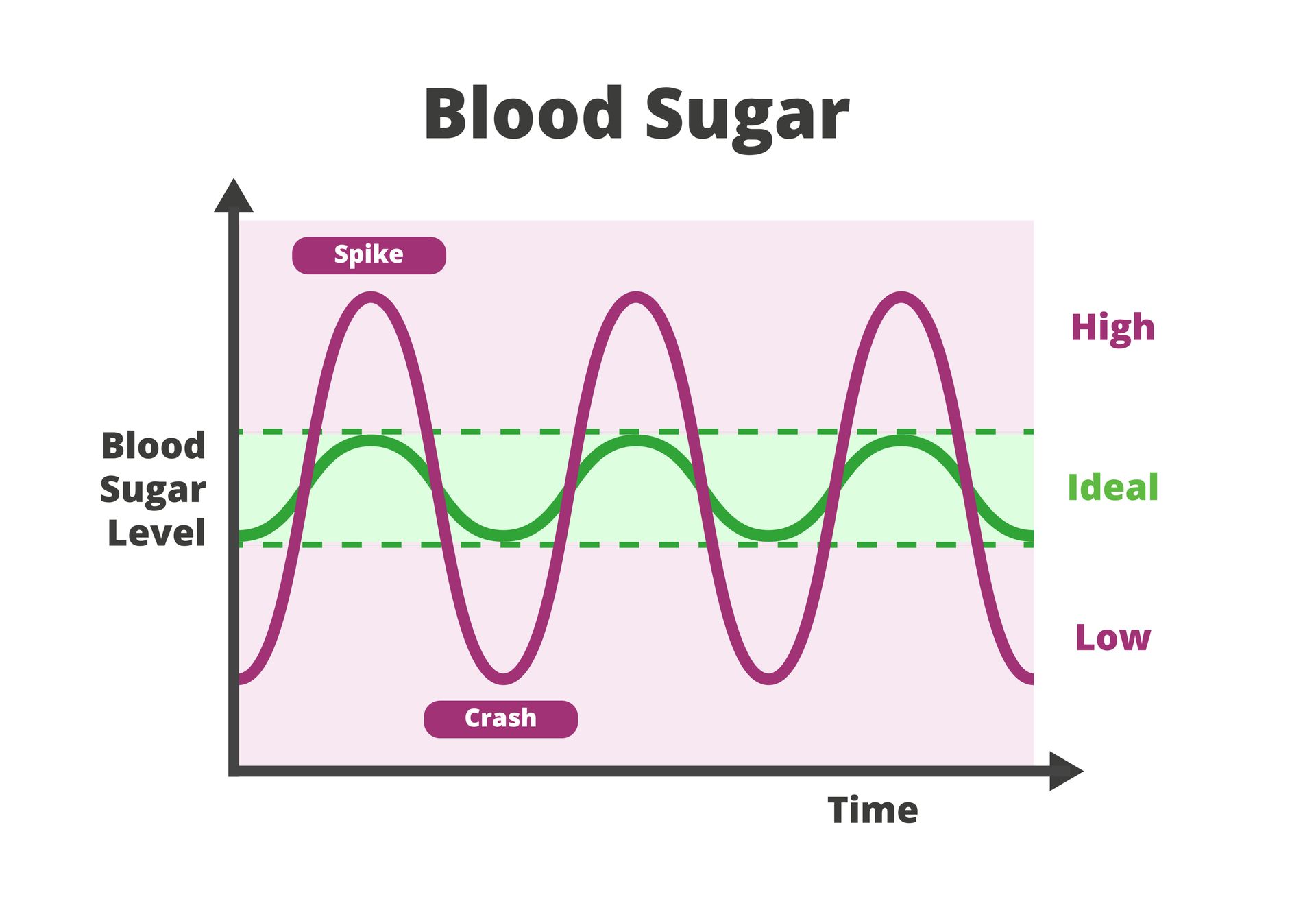Recent Posts
Why Do Some People Have Blurry Vision?

Vision is something that’s very easy to take for granted. Even if you wear contact lenses or eyeglasses, these corrective measures are so common, that they’re hardly ever thought of as a hardship.
However, if you suddenly start experiencing blurred vision, it could be a cause for alarm; especially if the issue isn’t resolved quickly.
What are the causes of blurry vision and what can you do to remedy it?
The 10 Most Common Causes of Blurry Vision
Blurry vision can be caused by many different factors. And not everyone experiences it in the same way: some people may only experience blurry vision around the edges, while others feel like their entire field of vision is blurred. To make matters worse, the symptoms can be accompanied by headaches or dizziness.
Some of the most common reasons for blurred vision include:
1. Head Injury
A significant number of people who’ve suffered from a traumatic brain injury report issues with their eyesight, including blurred vision. This is due to the close relationship between the brain and the eyes. Sometimes, it takes a while to discover a problem. However, when the patient attempts to read, they will notice blurred text. Or they may be able to read fine, but text becomes blurry when shifting focus. It’s also possible to experience intermittent blurs.
On occasion, vision will return to normal once swelling and inflammation go down. However, it’s crucial to see a doctor for a vision test after a traumatic brain injury to make sure the eyes and brain are working properly and avoid permanent vision impairment.
2. Trauma to the Eyes
There are several ways an eye can suffer trauma: it can be struck by a hard object, scratched by foreign objects such as sand, wood, metal or glass, or irritated by chemicals.
A complication of trauma to the eye is hyphema, which is blood pooling in the anterior portion of the injured eye. This needs to be treated immediately to prevent the possibility of permanent vision loss.
It’s important to look closely at the eyes when feeling something is amiss, since hyphema can occur even in the absence of trauma. An underlying illness such as hemophilia or sickle cell anemia can cause hyphema.
3. Migraines
Blurred vision or seeing an aura around the field of vision are common indications of an oncoming migraine. These warnings are often accompanied by sensitivity to light. The symptoms should subside once a migraine goes away. If you suffer from migraines, and blurred vision continues after a headache has passed, seek medical attention to prevent serious complications.
4. Abrasion to the Cornea
This occurs when the surface of the eye is scratched, whether by a broken contact lens, glass from a car accident, or a small foreign object making its way into the eye. When this type of injury occurs, the patient can experience severe pain, watery eyes, light sensitivity, and sometimes a sensation that the eye can’t be opened.
If it’s something minor, such as dust or a fallen eyelash, the eye may feel better after flushing it with water. However, if flushing doesn’t alleviate symptoms or if you’ve suffered a serious injury, seek medical attention as soon as possible.
5. Cataracts
Cataracts occur when protein accumulates on the retina. Symptoms start with slightly blurred vision, however, with time, the vision gets so cloudy that it significantly impairs vision. It’s also one of the most common causes of blindness.
In addition to blurry vision, initial symptoms include light sensitivity and an inability to see bright colors. Cataracts may be treated with bifocals, lighting alternatives, or surgery. It may be possible to reduce the risk of developing cataracts by wearing sunglasses to protect your eyes from the sun’s harmful ultraviolet (UV) rays.
6. Macular Degeneration
The macula is the central portion of the retina. Degeneration is caused by either yellow deposits called drusen, or by the growth of abnormal blood vessels. The condition is age-related and most common in people over 60. It’s most likely to occur in people with a family history of the condition, high blood pressure, or who are obese or have a light eye color.
Macular Degeneration does not cause vision loss, but it does make it difficult to read and see well at night. It can be detected during routine eye exams, so if you wear glasses or contacts, prioritize yearly visits to the ophthalmologist, especially if you’re 60 or over.
7. Retinal Detachment
This is what happens when the retina detaches from its normal position. In addition to blurred vision, the patient may experience reduced peripheral vision, flashes of light, and shadows over the field of vision.
While it can be reattached, this is a medical emergency. The longer it goes untreated the higher the chance of permanent vision loss.
There are many things that could cause a retina to detach: injury, cataract surgery, extreme nearsightedness, uveitis, sickle cell disease, and diabetes.
8. Diabetes
High blood sugar can damage the retina. In fact, blurred vision is often one of the first warning signs of diabetes. If blood sugar level remains uncontrolled, it may cause damage to the blood vessels of the retina, which is a condition known as diabetic retinopathy.
One of the biggest problems with diabetic related vision problems is that once symptoms appear, a lot of damage has already been done. This magnifies the importance of managing diabetes as much as possible.
9. Stroke
A stroke is a result of decreased blood flow to the brain. If brain cells are deprived of oxygen they begin to die and body functions which are controlled by those cells will suffer. This is why some people lose muscle control in one part of their body or experience blurry vision.
In order to prevent damage as much as possible, it’s essential to recognize the symptoms. Use the acronym FAST to remember them: Face drooping, Arm weakness, Slurred speech, and Time to call 911.
Symptoms may also be accompanied by trouble walking, confusion, and headaches.
10. Glaucoma
This is another age-related vision problem. It occurs when the optic nerve is damaged. In addition to blurred vision, glaucoma can cause tunnel vision, eye redness, eye pain, and severe headaches.
Some of the risk factors include family history, diabetes, extreme myopia, a history of heart disease or high blood pressure, and certain medications.
If You Are Experiencing Blurred Vision, Let Us Help You
At St. Hope, we serve many patients living with a myriad of medical conditions. We believe that treating people with compassion is as important as the medicine they receive. We foster a trusting patient/medical provider relationship to ensure that everyone who walks through our doors feels comfortable and receives the care they deserve.
We take same-day appointments, accept all insurance plans, and welcome walk-ins. Call us at 713-778-1300 or visit us at one of our 5 locations.









